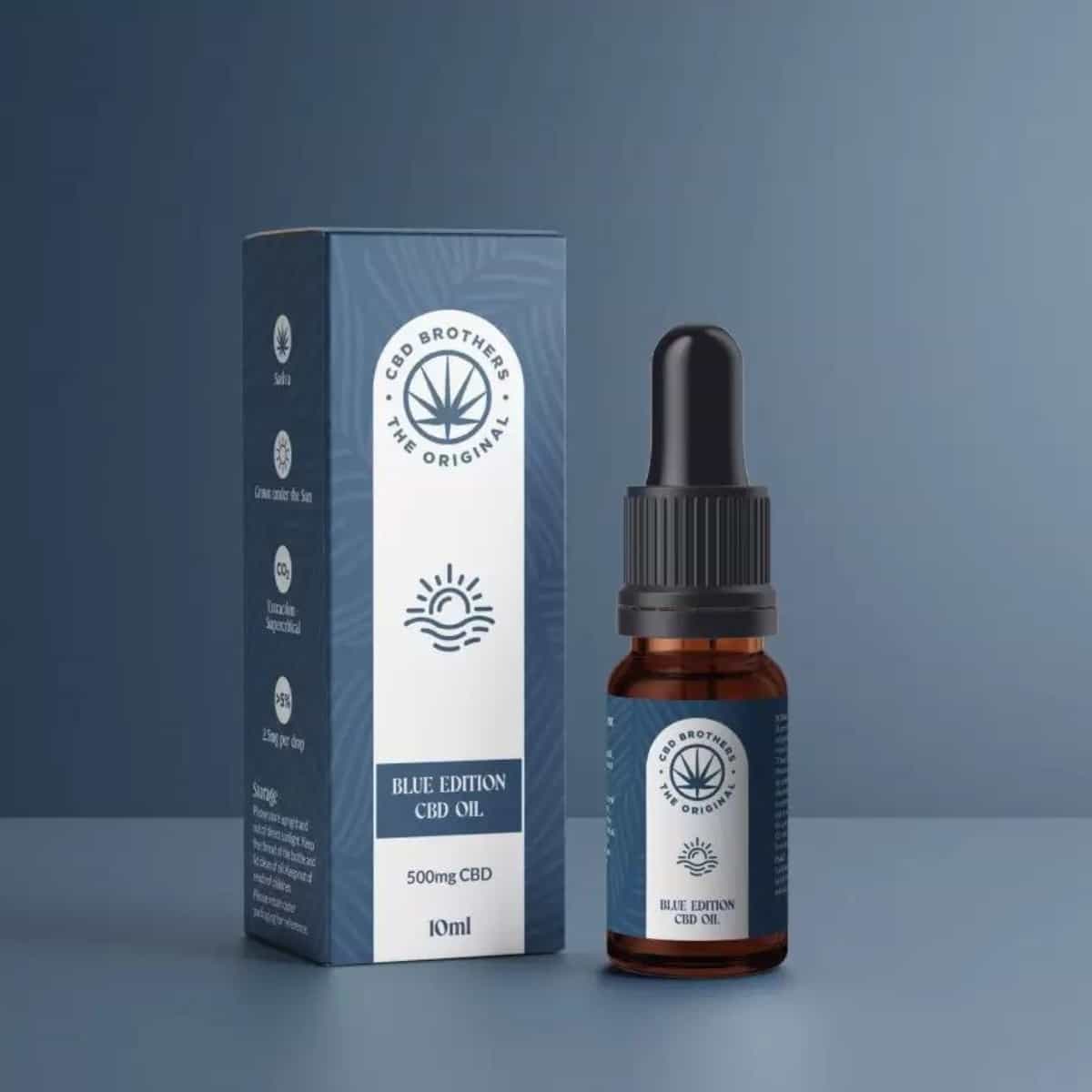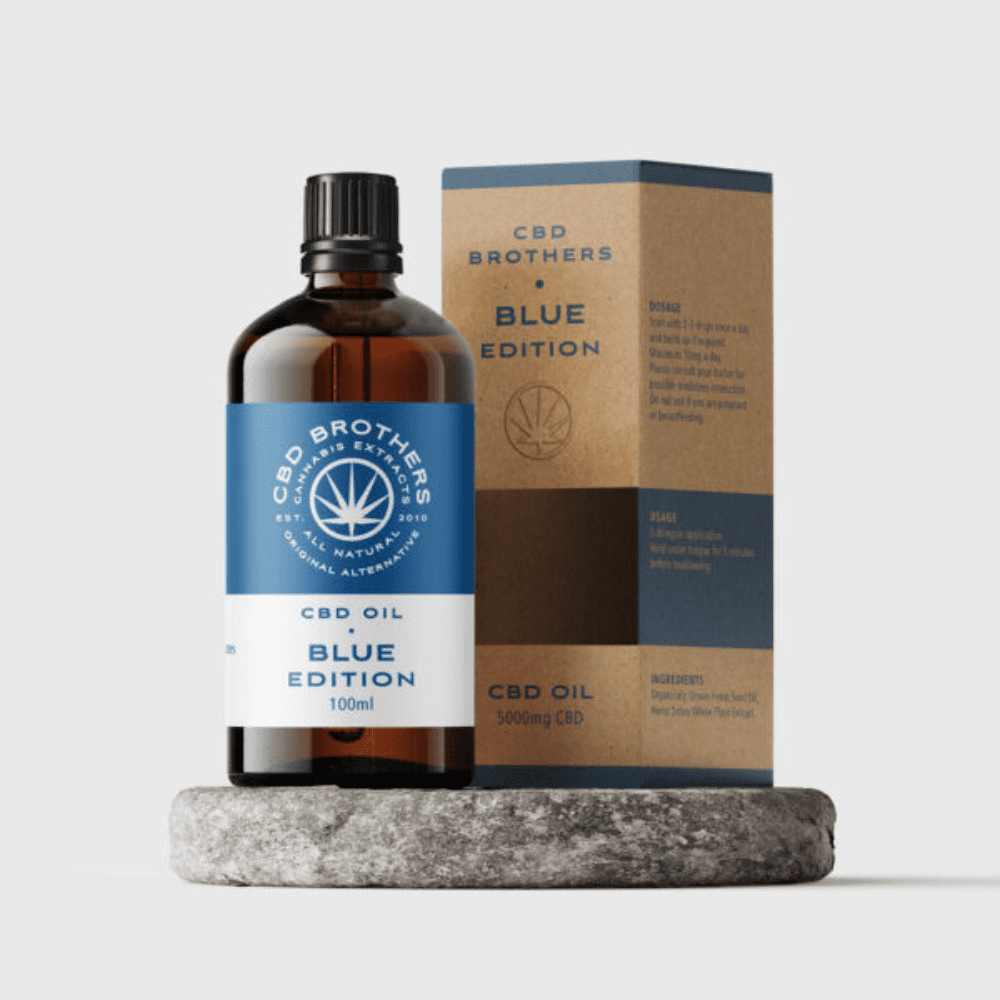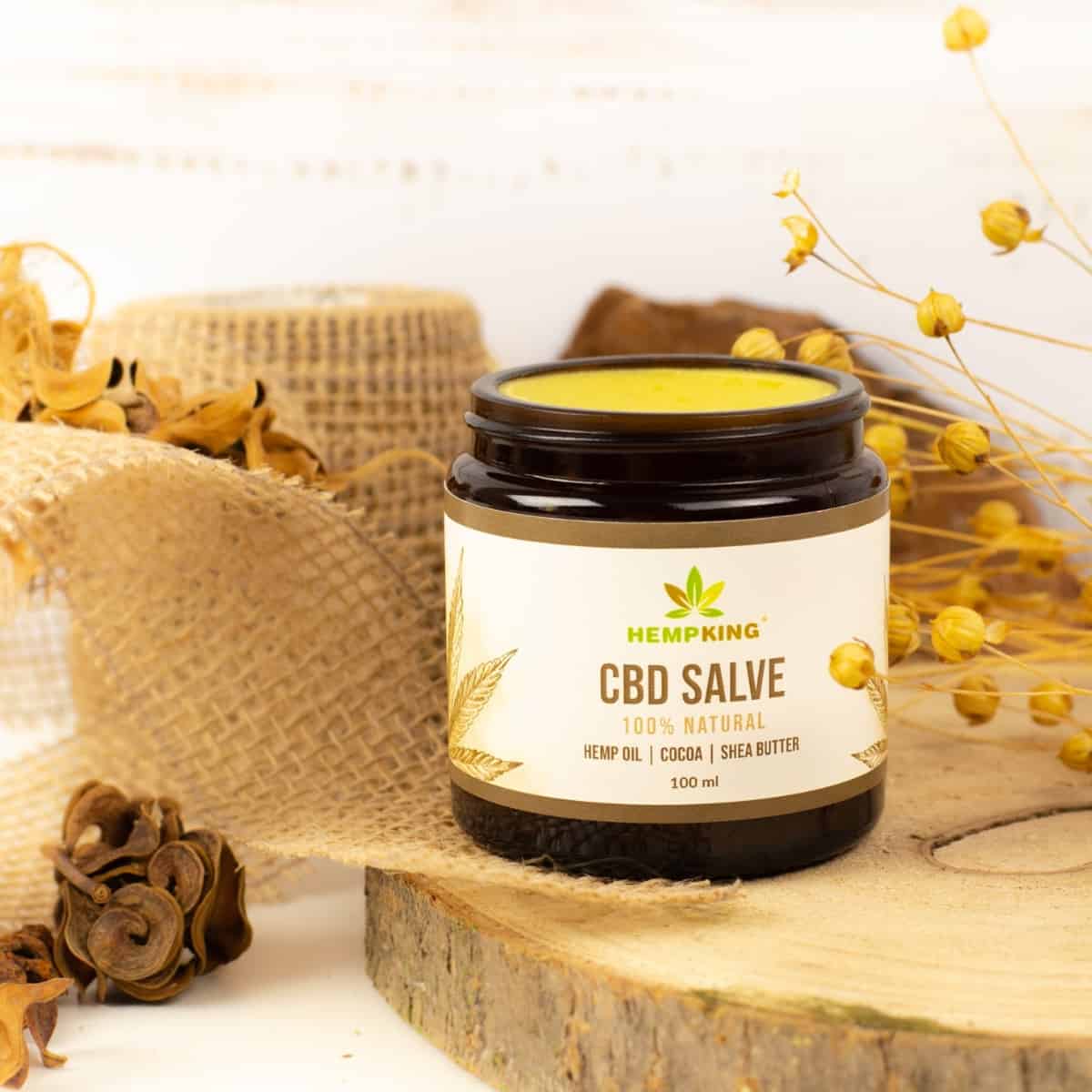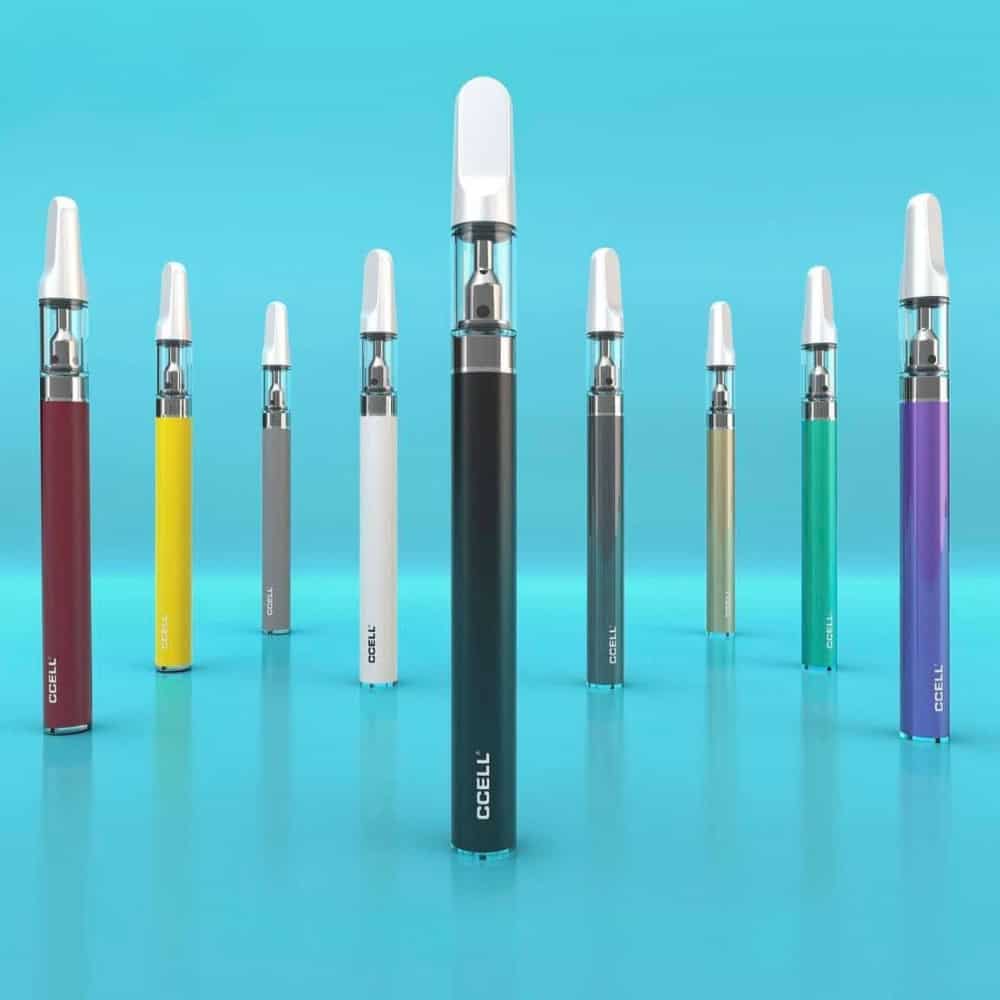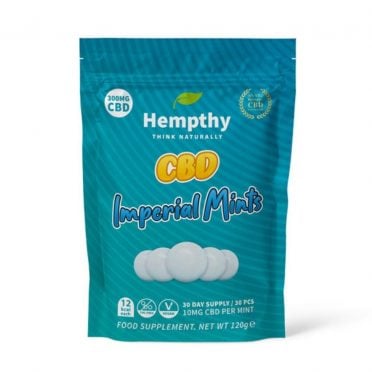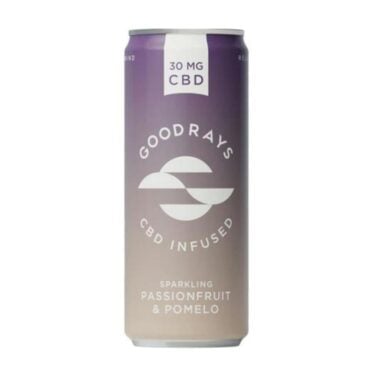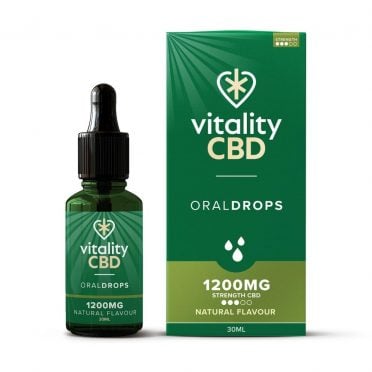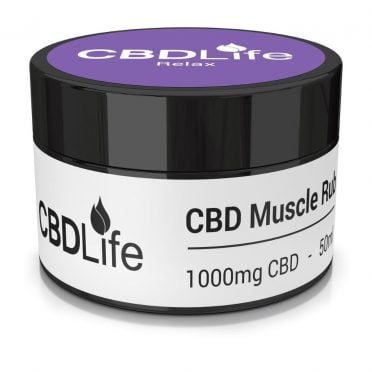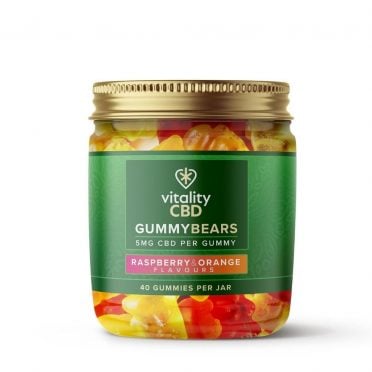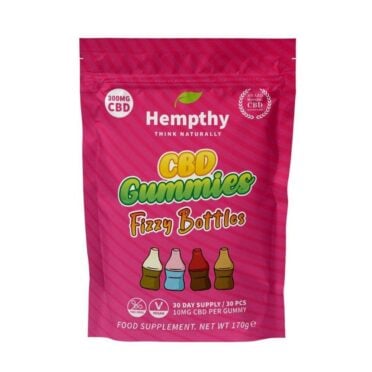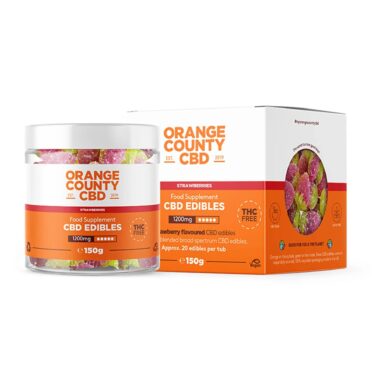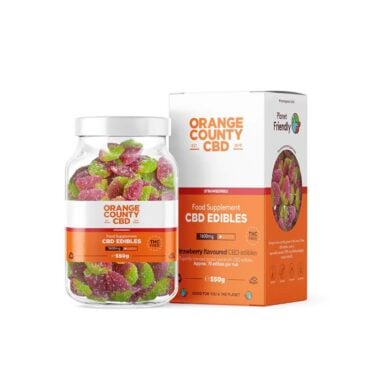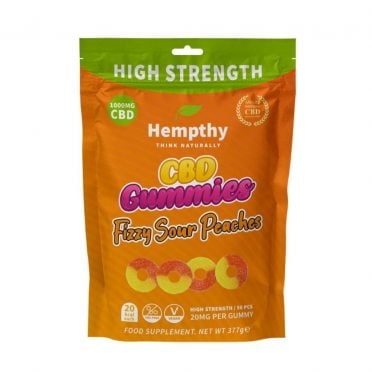The rise of CBD products as wellness alternatives has prompted many questions within the Muslim community regarding their permissibility under Islamic law. The debate centres on whether CBD, derived from the hemp plant, adheres to the guidelines and parameters set by Islamic principles. In this blog post, we explore the halal status of CBD and provide a thorough explanation for those seeking clarity on this matter.

Understanding the Halal Status of CBD
CBD, or cannabinoids, is a non-intoxicating compound extracted from the hemp plant. Unlike THC (tetrahydrocannabinol), CBD does not induce psychoactive effects on users.
Islamic law strictly prohibits substances that alter the mind, categorising them as Haram. As CBD is closely related to THC, it becomes crucial to evaluate its halal or haram status. The answer is somewhat complex, but ultimately favourable to a great range of CBD products as long as some considerations are kept in mind.
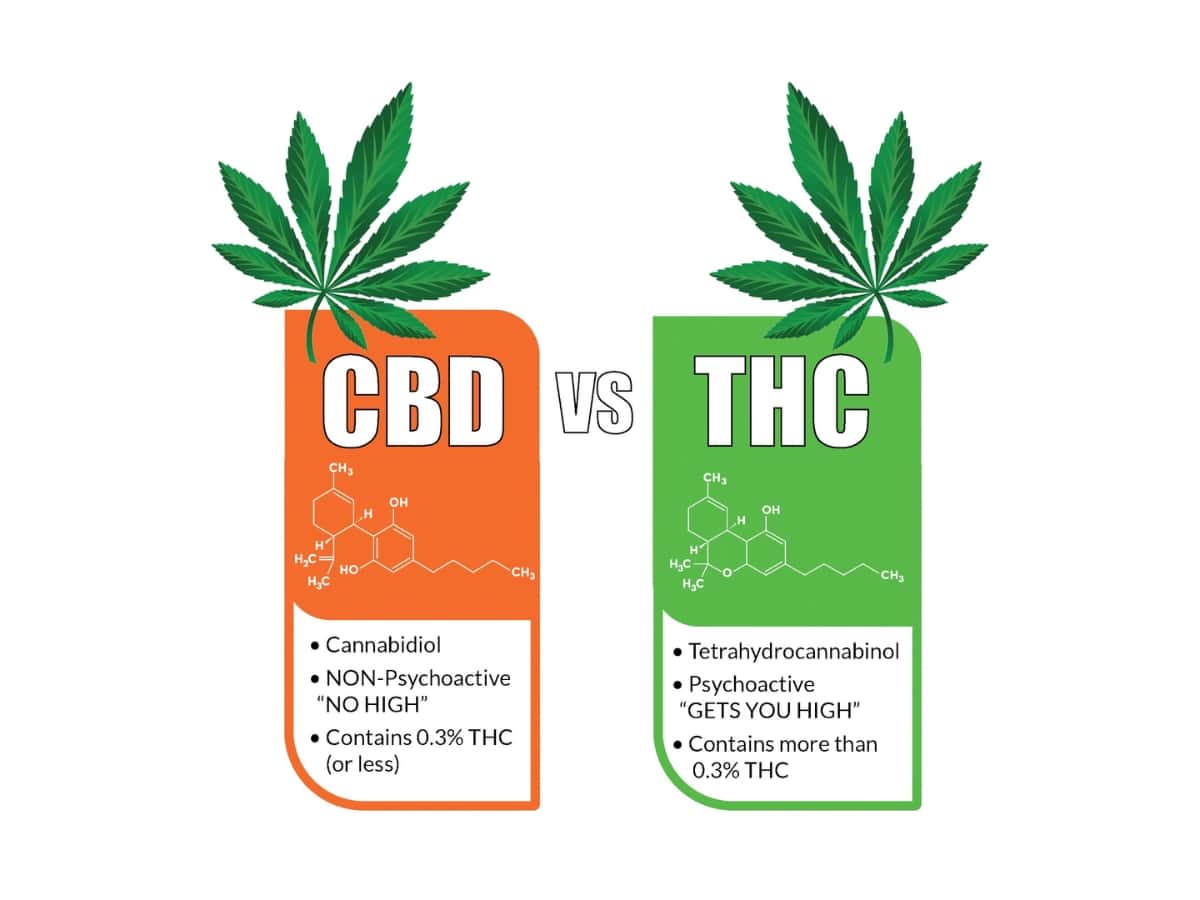
The Verdict: Halal
The consensus among most Muslim scholars is that CBD is largely considered halal.
This assessment is based on CBD being an organically produced plant extract with no psychoactive effects. However, It is crucial that for CBD to be halal, it must be 100% free from THC, the compound responsible for psychoactive effects.
CBD comes in a variety of forms which are broken down by how many other components of the hemp plant are included within the formula. The main three are: Full Spectrum, Broad Spectrum and CBD Isolate.
| CBD Extract Type | Composition | THC? | Halal? |
| Full Spectrum | Cannabinoids, Terpenes, Flavonoids, Traces of THC | Yes (small traces) | No |
| Broad Spectrum | Cannabinoids (Excluding THC), Minor Cannabinoids | No | Yes |
| CBD Isolate | >99% Pure CBD | No | Yes |
Therefore, both broad-spectrum CBD oils and CBD isolates (pure CBD) are deemed permissible under Islamic law as they do not contain THC.
Thankfully, this means a great selection of CBD products are available for Muslim customers!
Addressing the Concerns
While the majority of CBD products are considered halal, it’s essential to be vigilant when selecting specific items.
Some CBD-infused products may include ingredients that render them haram. For example, some CBD gummies may contain gelatine, usually from pork, which is strictly prohibited. Additionally, vaping CBD may also be deemed haram due to its association with smoking, which is forbidden in Islam.
To make things easier, we’ve put together a quick guide on the Do’s and Don’ts for purchasing Halal CBD!
The Do’s and Don’ts: Ensuring your CBD is Halal
The Do’s: Choosing Halal CBD
Opt for CBD products made with broad-spectrum CBD or CBD isolate for a guaranteed 0% THC experience. Here are a few examples for you to start with:
Always prioritise CBD products that undergo third-party laboratory testing. Independent tests assess the product for purity, potency, and safety. Essentially, they make sure that what is included is what is says on the tin!
It is best to check that the results are readily available on the company’s website, providing transparency and authenticity in product claims.
Lucky for you, we’ve done some of the leg work. All the brands available at our store are reputable and third party tested!
When exploring CBD edibles or oils, opt for vegan and cruelty-free choices.
This ensures that the products align with halal principles and ethical considerations. Even better, vegan options won’t contain gelatine since it is an animal product!
The Don’t’s: Avoiding Haram Products
Steer clear of CBD tinctures that use alcoholic solvents in the extraction process. Even if the alcohol content is undetectable, alternative extraction methods are readily available, so you can ensure your product aligns with halal principles, thus avoiding potential concerns.
Most CBD vaping products, such as disposable CBD vapes or E-Liquids, do not contain any nicotine. Therefore, some Muslims may not consider CBD vaping as strictly Haram for it’s lack of harmful substances.
However, for those who wish not to vape – be sure to check out the many other ways to consume CBD, such as gummies or CBD Isolate oils.
Some CBD gummies or capsules are made with gelatine derived from Haram sources, such as pig skin.
Instead, look for products that are gelatine-free or made with halal-friendly alternatives like bovine gelatine.
Here are a few examples of gelatine-free CBD gummies:

Conclusion
In conclusion, navigating the halal CBD market requires making informed choices regarding ingredients, extraction methods and THC content.
By following these do’s and don’ts, we hope Muslim consumers can feel confident in select CBD products that align with their faith, providing potential health benefits without compromising on their beliefs.
At Hemptations, we strongly believe that the CBD market should be an inclusive space, where everyone can get the most out of what CBD has to offer. In this light, our commitment extends to sourcing brands and products that prioritise transparency, diversity, and a solid reputation. As the CBD market continues to innovate, we look forward to seeing what else can be brought to the table in making CBD a wellness ritual that is available to all! We hope this quick guide has shed some light on how our Muslim customers can incorporate CBD into their life seamlessly.

Want to know more about CBD?
If you’ve enjoyed this post you may like to read more about the science of CBD. Here are some of our most popular posts on Learning CBD specifically around cannabinoids.
- How to support your endocannabinoid system
- CBDa vs CBD What’s the Difference?
- Is CBD really non-psychoactive? The definitive truth
Alternatively check out our other blog categories to learn all about – Using CBD | Buying CBD
Any questions?
We would love to help if you have any questions around this topic. Let us know by dropping us an email or comment on one of our social channels. We will endeavour to get back to you asap but while you wait the answer to your query may lie in our CBD FAQs.
Don’t miss a thing
Stay up to date with all things CBD by following us on Instagram, Twitter, Facebook, LinkedIN or YouTube. Or why not subscribe to our newsletter to receive monthly CBD tips and offers directly to your inbox?
